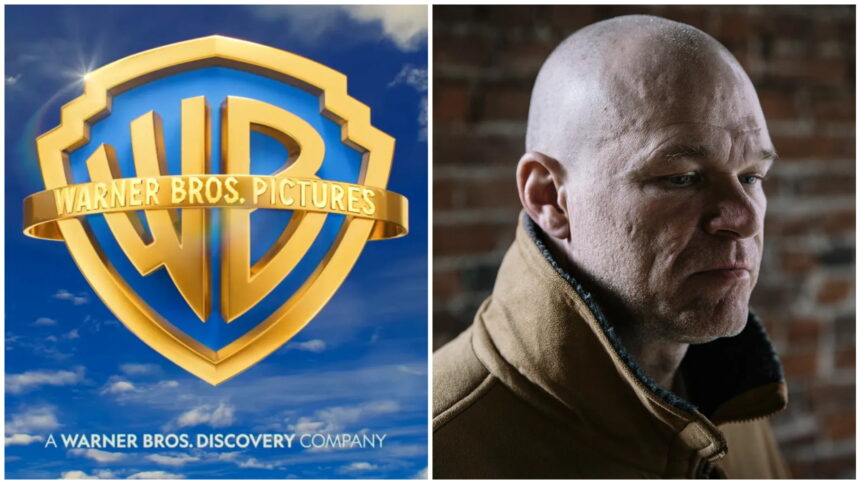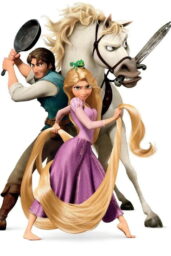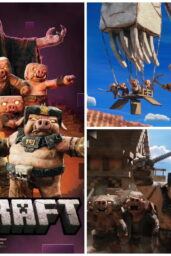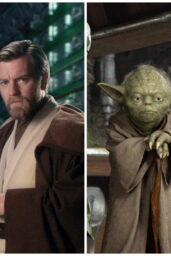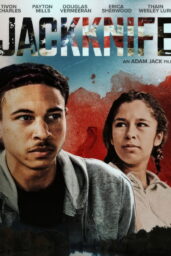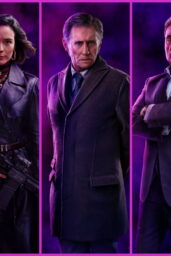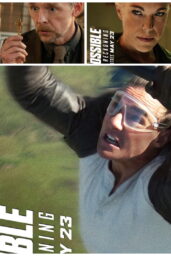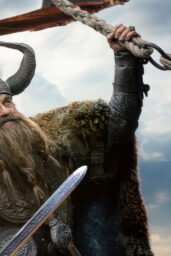I wept when originality failed again.
Not literally, but somewhere between the passive-aggressive press releases and the corporate lawyer speak, a part of me died. Uwe Boll, the infamous enfant terrible of modern filmmaking, promised he wouldn't cave to Warner Bros over the title of his new movie The Dark Knight. But now? The title is dead. Long live Citizen Vigilante.
Here's the uncomfortable truth: Hollywood doesn't just own characters—it owns language. And Boll's title drama is a masterclass in how far those ownership boundaries reach.
They Called It “A Friendly Chat.” It Wasn't.
You know the setup. Boll, whose films range from cult trash to cathartic chaos (Rampage, anyone?), announces a new project. He titles it The Dark Knight. Immediately, the Bat-signal blares over Burbank. Warner Bros steps in, concerned—not because it is a Batman movie, but because people might think it is.
Their message: Change it.
Boll's response? A defiant no.
The result? Well, here we are.
After what he calls a “friendly conversation,” the title's gone. This “conversation,” of course, comes after Boll publicly called out Warner Bros for double standards—claiming they borrowed the title of his earlier film Rampage without so much as a fruit basket in return. “They used my title,” he said. “They could at least let me keep mine.”
That's not how IP works, though. Warner Bros has a billion-dollar Bat-franchise to protect, and the legal gray area of titles—especially iconic ones—is a battlefield they dominate.
The Real Issue? Creativity Is Now Trademarked
Here's where it gets darker. The Dark Knight is not a title you can trademark outright. Movie titles are generally protected only when they're part of a series or connected to major branding. But Warner Bros didn't need legal action—they had cultural gravity.
When fans started asking Boll to change the name, citing confusion with Nolan's genre-defining 2008 Dark Knight, the pressure mounted. Executive producer Michael Roesch admitted the feedback played a role. The implication? Public opinion, steered by pop culture inertia, can override an artist's vision.
Like a Netflix algorithm, Hollywood recycles ideas until they're stale. Try releasing a movie called Avengers of Justice without Disney's lawyers appearing like summoned demons. Or name your indie thriller Titanic Rising and see what happens.
This isn't about avoiding confusion. It's about control.
From Batman to Boll—The Name Game Is a Blood Sport
There's a history of title tug-of-wars in the industry. Remember when The Butler needed a disclaimer because Warner Bros owned a 1916 short film by the same name? Or when Tarantino's Django Unchained faced heat from fans of the original Spaghetti Western franchise?
Hollywood, it seems, guards its names like dragons guard gold. Even when the stories are unrelated.
And that's the irony. Boll's movie, by his own words, is nothing like Nolan's. It's a brutal, politically charged return to his Rampage era, tackling Europe's migrant crisis with the subtlety of a sledgehammer. We're talking “rapes and knife attacks,” according to Boll—a powder keg of controversy that has nothing to do with Gotham or capes.
But titles matter more than substance in today's media landscape. A title is a brand. A SEO-optimized, monetizable, hashtag-ready asset. And if that brand happens to intersect with Warner's, well… prepare for a “friendly chat.”
So What Does Citizen Vigilante Even Mean?
Is it a better title? Depends on your taste in grimy, rage-fueled cinema. It certainly fits Boll's worldview: a lone antihero navigating chaos, dishing out justice where the system fails. Think Taxi Driver meets Death Wish, filtered through post-Brexit dread.
But Citizen Vigilante lacks the punch of The Dark Knight. It doesn't have the same mythic resonance. Then again, that's probably the point.
With the new title, Boll distances himself from Nolan's shadow. He stops the comparisons. And maybe—just maybe—he wins a different kind of freedom. The freedom to shock, offend, and disrupt, without being tethered to the Batcape.
Here's the Takeaway: The Fight Was Never About Art
It was about optics. Legacy. Capital.
When a director known for cinematic bloodbaths brushes up against the gatekeepers of American myth-making, the outcome is predictable. The big studio wins. The little guy changes his title. And we all move on.
But don't forget what this really is: a warning shot across the bow of indie filmmakers. Your ideas might be yours. But your words? Those can be taken.
Would You Risk It?
If you had a bold new project, would you title it Avenger's Requiem or Wakanda Down? Would you poke the legal bear and hope for the best?
Comment below. Let's talk.

